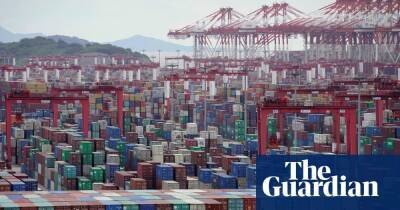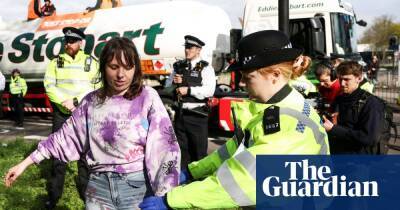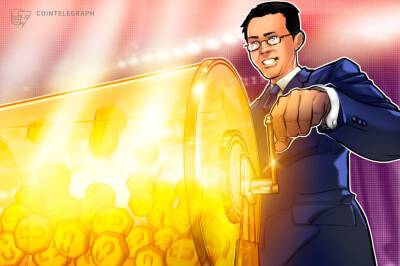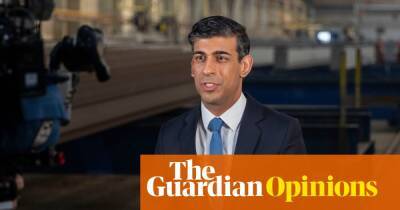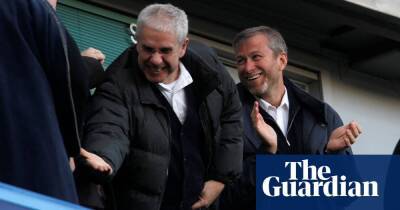Sunak must impose a windfall tax on oil firms – even if only to save his career
Rishi Sunak is on the ropes, and not just over accusations that he has been less than transparent about his personal finances and those of his wife.
The chancellor looks as if he only needs a top hat and morning coat to complete his transformation to a hard-faced Victorian financier, aloof from the concerns of ordinary people. Details of his expensive homes, cars and holidays abroad only reinforce the image of a minister out of touch with his voters.
If he listened to the daytime radio phone-ins, he would hear the personal stories of hungry and shivering families brought low by the cost-of-living crisis. Those callers are selling cars, not buying them. They are delaying trips to the launderette for cost reasons and falling into arrears on debts.
Council tax increases stretching back more than five years play their part in pushing the cost of living higher, as does the freeze on income tax thresholds. A national insurance rise this month is another added cost, even though the chancellor will point out that it exempts low-income families. He forgets they are already under water after the loss of £20 a week from their universal credit income last year.
To escape criticism, Sunak draws attention to the one major element of the economy judged a success – the employment market. Almost everyone who wants a job has a job. What could be better?
Setting aside the fact that the unemployment figures are flattered by 500,000 people leaving the workforce, and that a lack of decent sick pay means many people with Covid work when they should be at home recuperating, the fact is that most of the people complaining about their dire circumstances are in work.
Most analysts expect labour market figures this week from the Office for National
Read more on theguardian.com








